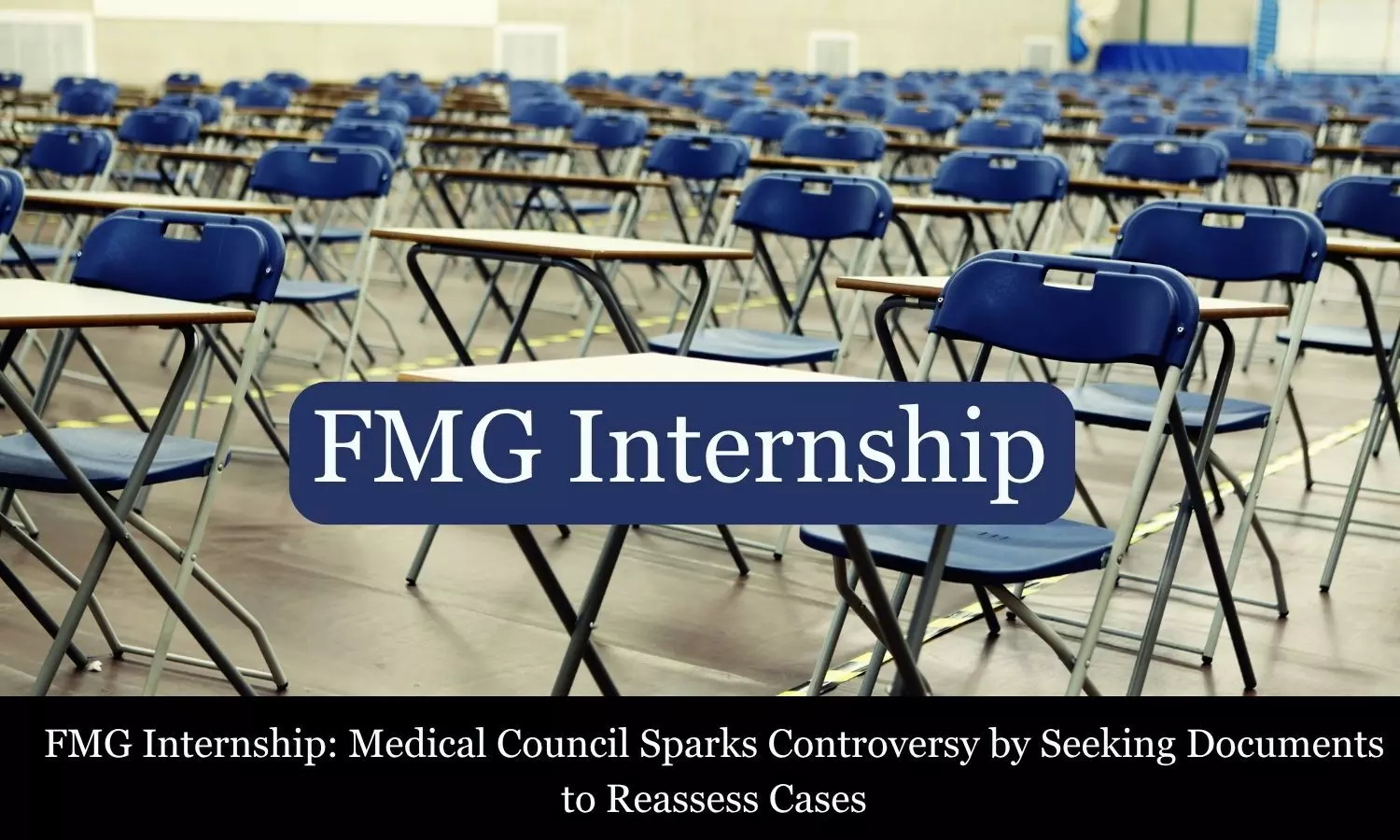- Home
- Medical news & Guidelines
- Anesthesiology
- Cardiology and CTVS
- Critical Care
- Dentistry
- Dermatology
- Diabetes and Endocrinology
- ENT
- Gastroenterology
- Medicine
- Nephrology
- Neurology
- Obstretics-Gynaecology
- Oncology
- Ophthalmology
- Orthopaedics
- Pediatrics-Neonatology
- Psychiatry
- Pulmonology
- Radiology
- Surgery
- Urology
- Laboratory Medicine
- Diet
- Nursing
- Paramedical
- Physiotherapy
- Health news
- Fact Check
- Bone Health Fact Check
- Brain Health Fact Check
- Cancer Related Fact Check
- Child Care Fact Check
- Dental and oral health fact check
- Diabetes and metabolic health fact check
- Diet and Nutrition Fact Check
- Eye and ENT Care Fact Check
- Fitness fact check
- Gut health fact check
- Heart health fact check
- Kidney health fact check
- Medical education fact check
- Men's health fact check
- Respiratory fact check
- Skin and hair care fact check
- Vaccine and Immunization fact check
- Women's health fact check
- AYUSH
- State News
- Andaman and Nicobar Islands
- Andhra Pradesh
- Arunachal Pradesh
- Assam
- Bihar
- Chandigarh
- Chattisgarh
- Dadra and Nagar Haveli
- Daman and Diu
- Delhi
- Goa
- Gujarat
- Haryana
- Himachal Pradesh
- Jammu & Kashmir
- Jharkhand
- Karnataka
- Kerala
- Ladakh
- Lakshadweep
- Madhya Pradesh
- Maharashtra
- Manipur
- Meghalaya
- Mizoram
- Nagaland
- Odisha
- Puducherry
- Punjab
- Rajasthan
- Sikkim
- Tamil Nadu
- Telangana
- Tripura
- Uttar Pradesh
- Uttrakhand
- West Bengal
- Medical Education
- Industry
AIIMS doctor refutes Pooja Makhija's salt claims, warns against oversimplifying emergency care

New Delhi: A recent online discussion has sparked debate after a senior resident doctor from the All India Institute of Medical Sciences (AIIMS) Delhi challenged celebrity nutritionist Pooja Makhija’s claims about salt consumption. Makhija, speaking on a YouTube podcast hosted by Raj Shamani, claimed that sodium has been unfairly vilified and suggested that high salt intake plays a central role in emergency medical care.
Pooja Makhija- a well-known nutritionist, functional practitioner, author, and entrepreneur. She has transformed the bodies – and lives – of tens of thousands of people from all walks of life - stars like Deepika Padukone, Karan Johar, Ranbir Kapoor, and many more. She stated, “I believe each person has a reason for being - mine being to help people rebuild a correct relationship with food.” She has her own TV show – the Pooja Makhija show – on the Food Food channel, her own radio show on Magic FM and a regular column in the Times of India.
In the podcast, she stated that during critical emergencies such as strokes, cardiac events, or sudden collapses, patients are immediately administered saline in ambulances. She argued that a standard saline infusion contains around 9,000 mg of sodium and that, in some instances, patients receive two units, amounting to nearly 18,000 mg. According to her, sodium helps stabilise blood pressure and supports essential functions like kidney filtration and cardiac activity.
“Someone gets a stroke, someone gets a heart attack, and someone just collapsed out of nowhere. We don't know what to do. Rush him in an ambulance without it. Talking to any doctors without knowing their medical history, what's the first thing they administer? Saline. What is that saline? NaCl saline. What is saline? 9000 mg of sodium. Why? Because sodium reduces blood pressure. Even if you're a person who's had a stroke, they'll first give you saline. And sometimes they do a push. Which is two units of saline. Which is 18,000 mg of sodium. Because your body requires sodium to start rehydrating the water that's being held, the kidneys filter the heart pumps. Sodium isn't the culprit,” she added.
Makhija further claimed that sodium has been “demonised” to allow sugar to gain prominence, suggesting that excess salt is excreted through urine while surplus sugar is stored as fat. She also encouraged the use of iodised salt, noting its importance for thyroid function, and claimed that contemporary water purification systems strip natural minerals, reducing the body’s ability to utilise them. “Crystal of rock salt, keep on your tongue and then drink water,” she suggested.
Her remarks, however, prompted a strong rebuttal from a medical expert, who cautioned against oversimplifying emergency protocols and nutritional science. Dr Arihant, Senior Resident, EM and Trauma, AIIMS, New Delhi, corrected her, stating, “The information about salt shared in this video isn’t accurate or evidence-based. Salt is definitely harmful for a certain group of individuals. We don’t give saline to increase sodium — it’s used to replace body fluids, and even that is only when required. In heart attack patients, fluids are often avoided because they might already be in fluid overload.”
“Secondly, the 'push' being discussed refers to a diluted injection of epinephrine (adrenaline), where saline is just the diluting agent — the actual drug being given is epinephrine, not saline. Lastly, recent studies recommend using Ringer’s lactate over normal saline for most fluid resuscitation scenarios. This is just the basic understanding — there’s a lot more depth to it. If you or your viewers want more insights, feel free to ask or look into recent literature. Misinformation like this can be harmful, especially for certain patient groups who might take such advice seriously,” he added.
Sanchari Chattopadhyay has pursued her M.A in English and Culture Studies from the University of Burdwan, West Bengal. She likes observing cultural specificities and exploring new places.




